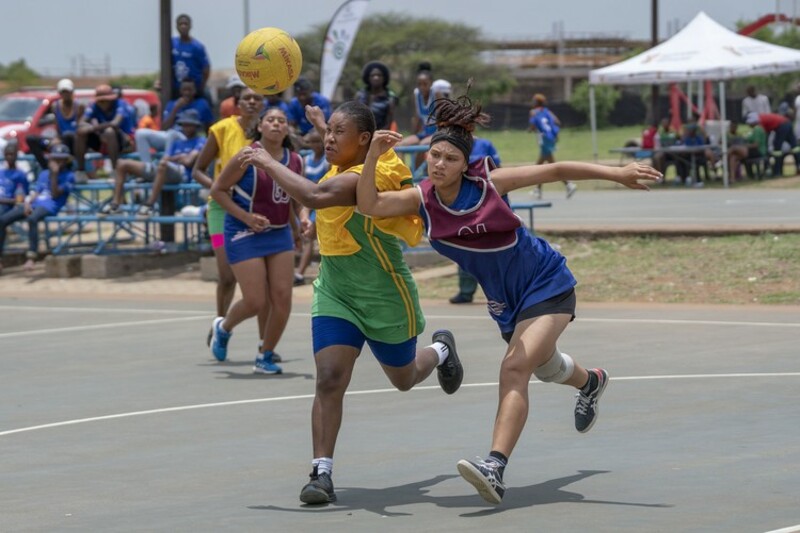At the weekend, hundreds of athletes from all across the nation congregated in Polokwane, Limpopo to compete in this year’s Summer Games of the National Special Olympics of South Africa.
For both adults and kids with intellectual disabilities, Special Olympics South Africa offers sports instruction and events. The organisation was founded in 1991.
Athletes competed against one another in athletics, aquatics, basketball, bocce, football, futsal, netball, table tennis, and ten-pin bowling during the national games.
Over the course of the three-day event, there was more going on at the Peter Mokaba Stadium than just the play on the field.
As part of the Special Olympics Healthy Athletes program, competing athletes were examined by doctors. These examinations aid in identifying potential health issues in athletes and instruct medical professionals on how to handle patients with intellectual disabilities.
“As an organisation, Special Olympics focuses on athletes with intellectual disabilities. A lot of these sportsmen won’t ever have a chance like this. Our special needs schools and centres are simply not up to par to provide the level of sporting competition they merit. Accordingly, for these athletes, this is a life-changing event, according to Ancilla Smith, CEO of Special Olympics South Africa.
Many of them never ventured outside of their homes. They have ventured outside of their province for the first time. Many of them are fighting in a stadium of the highest calibre with amazing amenities for which they have never been prepared.
At the national competition, athletes and teams will advance to represent the nation at the Berlin, Germany, 2023 Special Olympics World Games.
Over 7,000 athletes from 180 nations compete against us at the World Games. So, for these athletes to be selected to represent South Africa is a tremendous honour, says Smith.

